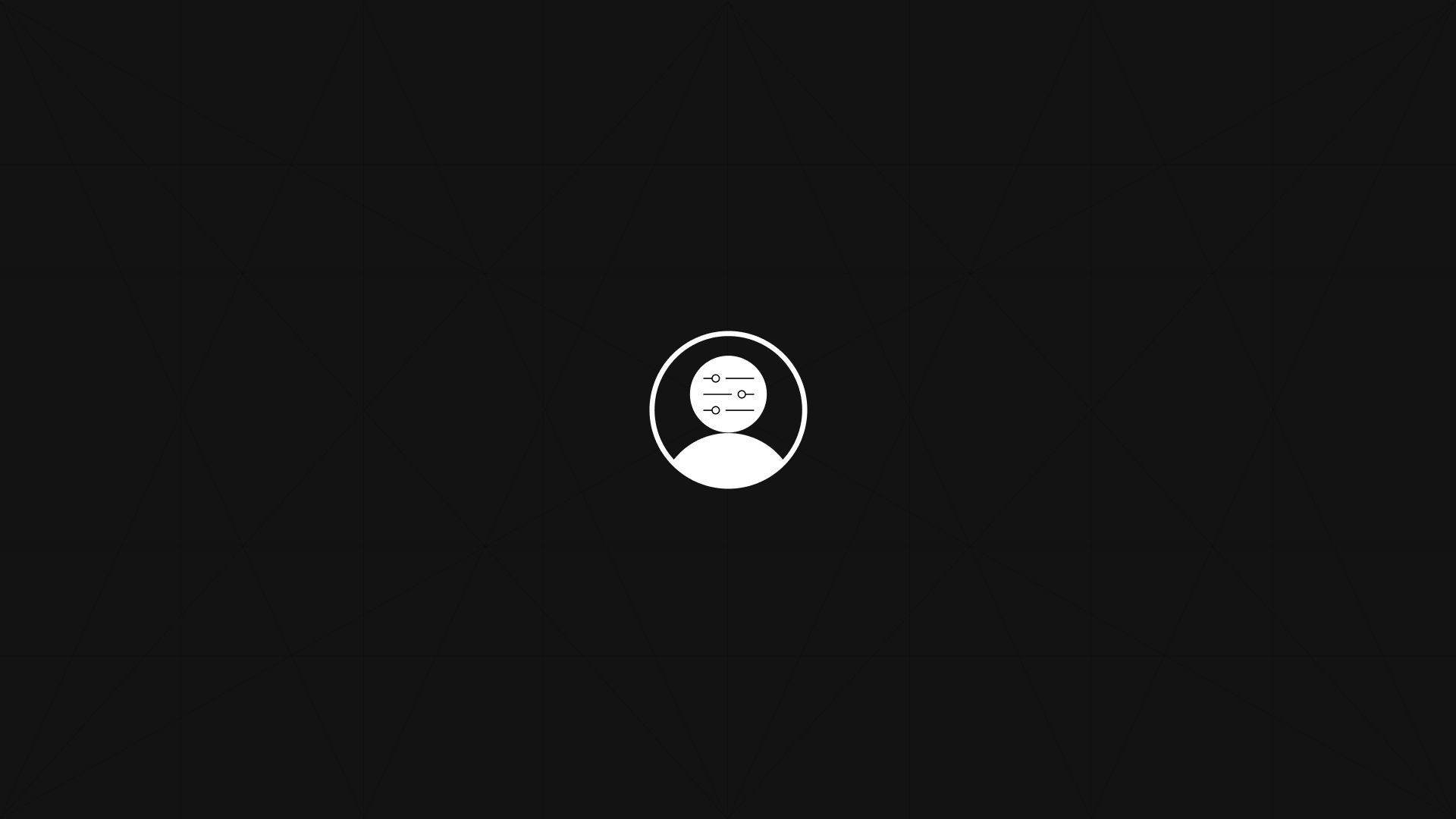Understanding Awareness

— Dr. Helena Lass, Psychiatrist, Teacher of Practical Consciousness
Understanding Awareness
Editor's note: This article is an excerpt from our interview with Dr. Helena Lass, Founder of Wellness Orbit. It was originally published at at Forward Thinking Workplaces. The excerpt below is her response (in part) to our question, "What does it take to get an employee's full attention and best performance?"Bill Fox: What does it take to get an employee's full attention and best performance?
Dr. Helena Lass: If you don't know what your awareness is and how you use it, then your awareness is in monkey-mind mode. It jumps around. You become aware of things but in a random way.
Monkey mind is always stimulated or drawn by novelty stimuli. For those who have monkey minds, and most people have, because there is no education about keeping your awareness in one place when you need it to be there and as long as you need it to be there.
You need to present a new stimulus to attract those with monkey-mind types of awareness. There is always competition with stimulus. When a manager, team leader, or even a colleague speaks, there is a competing stimulus. Somebody enters from the door, and there is a presentation going on. Where is the people's attention going to be? It will be at the door, looking at who is entering.
So that's a new situation within the routine situation, which is the presentation is going on. So the awareness will go there, and at that time, of course, whatever is being said during the presentation, there will be a gap. Nobody will remember that place or that phrase. That needs to be repeated.
And now, when people don't know how to regulate or direct it themselves, you have to offer a new kind of stimulus all the time if you want to really draw this person's attention.
You don't compete only with the external stimuli, for example, a light flashing from there, a sound coming from there, somebody making a funny face or a phone ringing. You always compete with the internal stimulus as well.
Whenever the person's thoughts are more interesting or newer, it's illusionary new because there is actually nothing new in thoughts because they come from memory. But because they always change, they are in constant change.
We all have around 60,000 thoughts a day. So that's an immense change happening there all the time. If you watch a news channel, this news feed always changes at the bottom of the screen. Although you know there is information you already read, you still keep your awareness there and just like observing how that information repeats, repeats, and repeats.
And the same thing happens inside with our thoughts. They change all the time, and therefore, they always attract awareness. Now this person who is outside and attempting to attract attention, attract awareness, to be more specific, is competing with that internal voice. Now that depends on which one is more important, more new, more stimulus provoking.
That leads to people or situations needing to be very, very stimulating. That's why people who attend meetings or conferences highly value those kinds of events with very intense stimuli. You have to be almost like a clown there, offering all sorts of stimuli, playing with your voice, body language, and everything.
The message itself should be enough of importance and enough stimulus.
But since we don't know how to direct our awareness, we depend on the stimulus and get hijacked if there is no stimulus, and that's a pity because not knowing that we have awareness and not being able to direct that, I think is one of the biggest misfortunes or saddest things that can ever happen to a person. How do we now deal with that?
There is actually one way of even being given more stimulus and more and more, but there will be a line where we just can't get even more. Action movies can't get more actionable than they are now. Where does this line go? How much stimulus can we offer? There is always this threshold that gets higher and higher.
We get used to the old stimulus and need even more intensity. So that's why people are always seeking more intense experiences because the old stimulus can no longer provoke or draw their attention or awareness. And this is a trap because we are dependent on stimulus. So the actual process is reversed.
We shouldn't, and we don't need to depend on stimulus. Instead, we have to discover our awareness and be able to direct that into a place where we need connection, whether listening to one person or observing a presentation. Even outside of workplaces when there are these recharge moments so that you can take part in your relaxation moments. Be with your family. Be with your kids. Be present with your awareness there, and then you can easily know when you go to work without feeling guilty or anything. Dedicate your attention to your awareness of work.
Now, a tiny difference between attention and awareness is that attention is something that we call when awareness is random when it is dictated, or a stimulus dictates its stability. So when the stimulus is constant, it's able to draw awareness. It's not because the person can maintain that awareness in that one place but because the stimulus is enough at that moment.
When awareness is dependent on stimulus, we call it attention. When it's your own skill, we call it awareness. Attention is always random, and awareness always listens to your will or is self-directed.